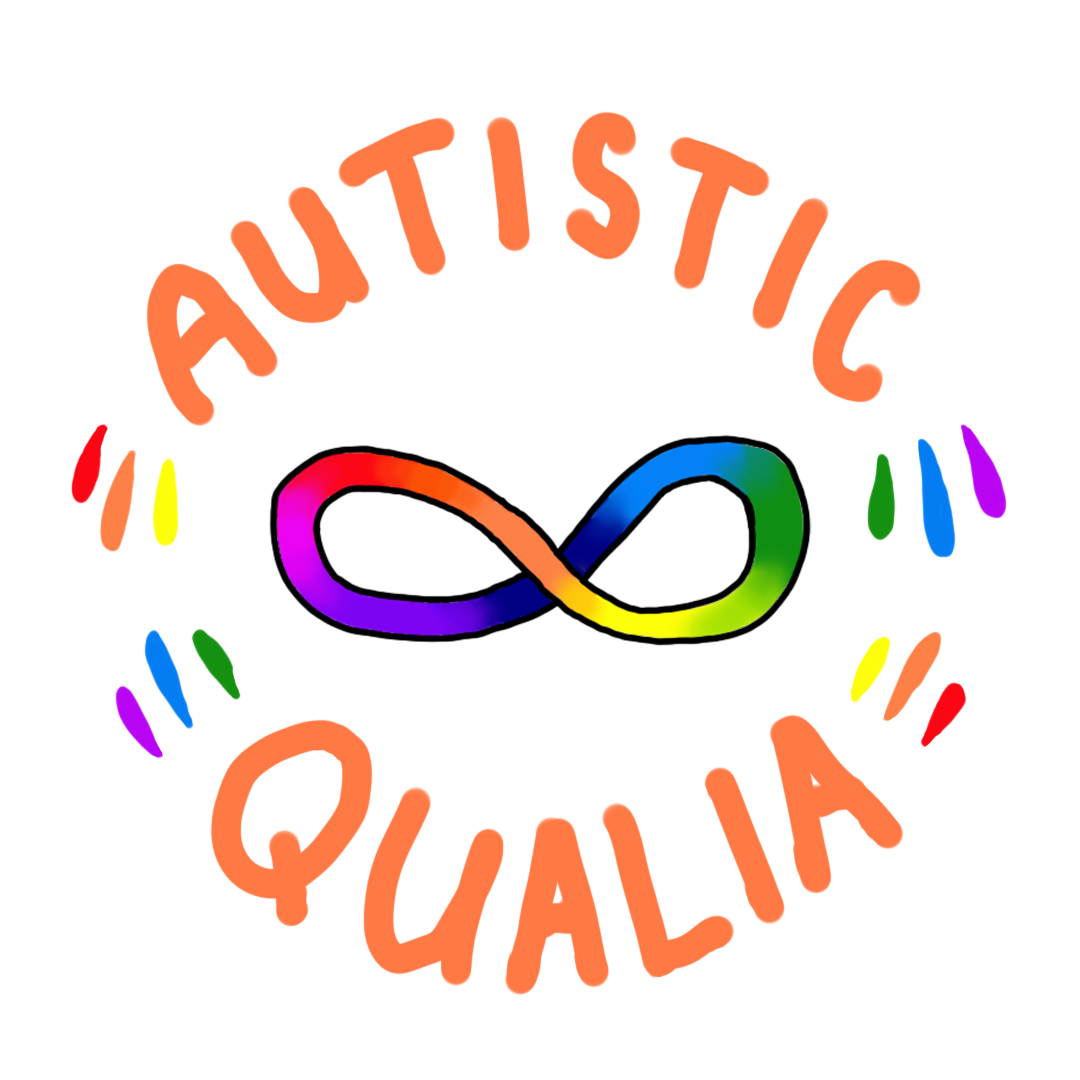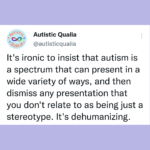
Autism, situational / selective mutism, & social anxiety
For as long as I can remember, I have had difficulties with oral articulation and face-to-face conversation.
When I was 3 or 4 years old, I developed situational mutism.* A person with situational mutism is rendered unable to speak in certain situations that trigger social anxiety. Going mute in such situations is not a choice. It is a freeze response to the anxiety.
*situational mutism is also known as “selective mutism”
As my social anxiety improved over the years, so did my situational mutism. I slowly grew out of it, and by the time I entered university, I had stopped going mute in social situations.
However, what remains of my ever present social anxiety continues to impair my speech. Nearly every kind of face-to-face social interaction short circuits my brain, and I continue to have difficulties orally articulating the things I want to say despite not going completely mute.
This is something I’m extremely self-conscious of, and it only perpetuates my social anxiety.
I have wondered how I could continue to be so socially anxious at the age of 28. Where was all this anxiety coming from? I have often felt like I was born with social anxiety.
After learning about what autism is, I finally had an answer. My social anxiety stems from knowing I have to use social compensation strategies to blend in. Being neurotypically social does not come naturally to me, and all my attention is focused on analyzing the social situation and behaving in an “appropriate” way. Combined with the intense amount of anxiety to perform well and pass as “normal”, no wonder it feels like my brain short circuits in social interactions.
Accommodate autistic communication
Unfortunately for people like me, the expectation in certain situations is to communicate face-to-face or orally. When I have to orally articulate myself, I cannot express myself the way I would like to. While I excel at articulating myself in written form, I often sound incompetent and awkward in oral conversation. It is a huge source of embarrassment and anxiety for me.
I will never forget being called a “coward” by an ex-friend when I was a young teen because I had requested we resolve a conflict over email instead of “talking it out” face-to-face. My ability to orally articulate myself is limited in face-to-face conversations which cause great anxiety. How can a conflict be resolved if one person can’t communicate? When I look back at this situation, what I see is ableism.
Every time my request to communicate in written form is ignored, I see ableism. Ultimately, I will be judged by the way I present myself and how I communicate, and this is impaired when I have to communicate orally. I do not get to put my best foot forward.
Believe people when they say they struggle with a certain mode of communication. Accommodate them. Allow them to realize their potential and show you what they are capable of instead of setting them up to fail against ableist standards.




You express yourself VERY well in writing.
I can relate somewhat. I never had full mutism. But it’s easier for me to express myself in writing than it is with speaking. And when I was younger, I had times where I’d want to be more outgoing but could manage to say only a small amount.
I think we should also keep in mind…people who have the opposite issue. They’re great at talking but can’t express themselves well with writing. With so much communication taking place in texts, messaging, etc. these days…people who struggle with that might be seen as rude, less intelligent, etc.